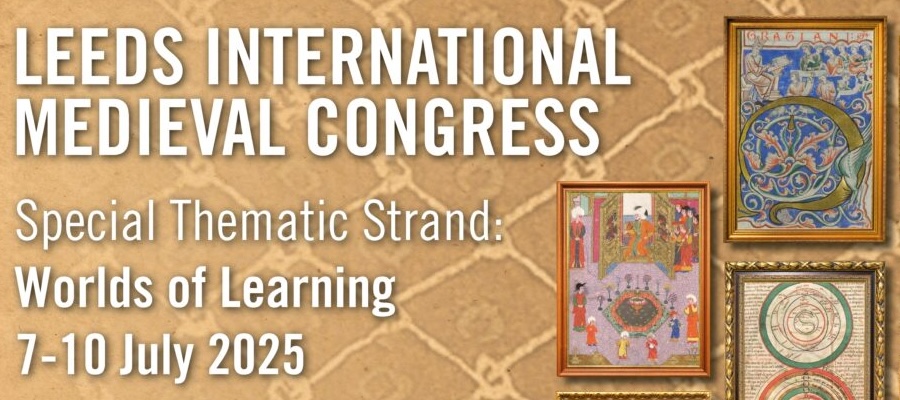Political Networks and Urban Dynamics in the Late Roman East (270-–500 CE), session at the 2025 International Medieval Congress, University of Leeds, July 7–10, 2025
The intersections of civic, imperial and ecclesiastical networks offer scholars a large range of potential insights into the dynamics of late antique cities. For example, Antioch was the venue for numerous important imperial and ecclesiastical events, including extended stays by nine different emperors, a sequence of fractious church councils and the infamous Riot of the Statues. In Alexandria, this same period saw repeated controversies and outbreaks of conflict, most notably due to ecclesiastical tensions and factional strife, sometimes involving imperial interventions. Meanwhile, the new foundation of Constantinople gradually grew into a stable seat of government, becoming the established residence for emperors, aristocrats and court officials, as well as bishops who were increasingly embroiled in conflicts both within the city and with other sees. The local elites and existing relationships of many cities were heavily impacted by these developments, particularly as they sought to navigate their place within wider and constantly shifting imperial and ecclesiastical networks.
These sessions seek to explore late antique cities and their political networks through both specific case studies and comparative analysis. They will offer insight into intersecting urban in order to gain a clearer understanding of how these operated within each individual city, in relationships between them and also in the context of the late Roman East as a whole. We welcome papers considering the urban dynamics of an individual city, relationships between a number of cities or the functioning of specific networks. Postgraduate and early career scholars are particularly encouraged to apply, but all are welcome.
Potential themes may include and are not limited to:
- Civic competition: internal and external
- Ecclesiastical controversies and episcopal networks
- Disputes surrounding authority within political networks
- Networks of patronage
- Tension between differing spheres of political influence
- Dynamics of imperial courts and administrative hierarchies
Session organizer
Nicola Holm, University of Exeter
